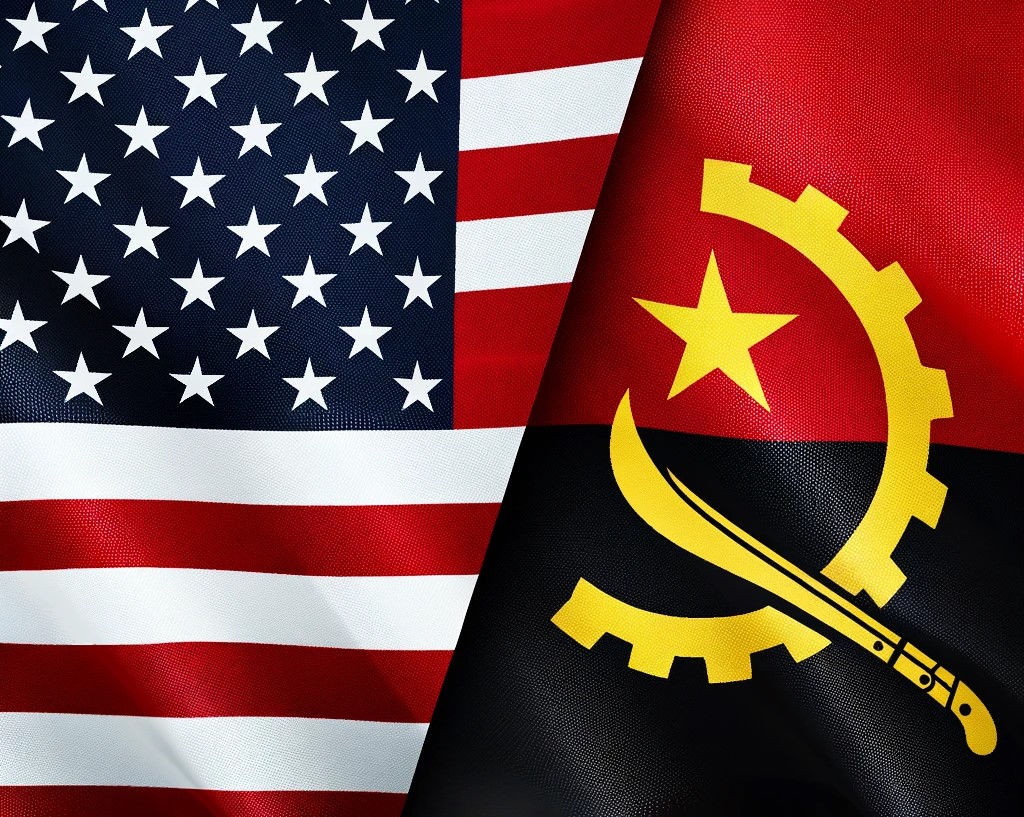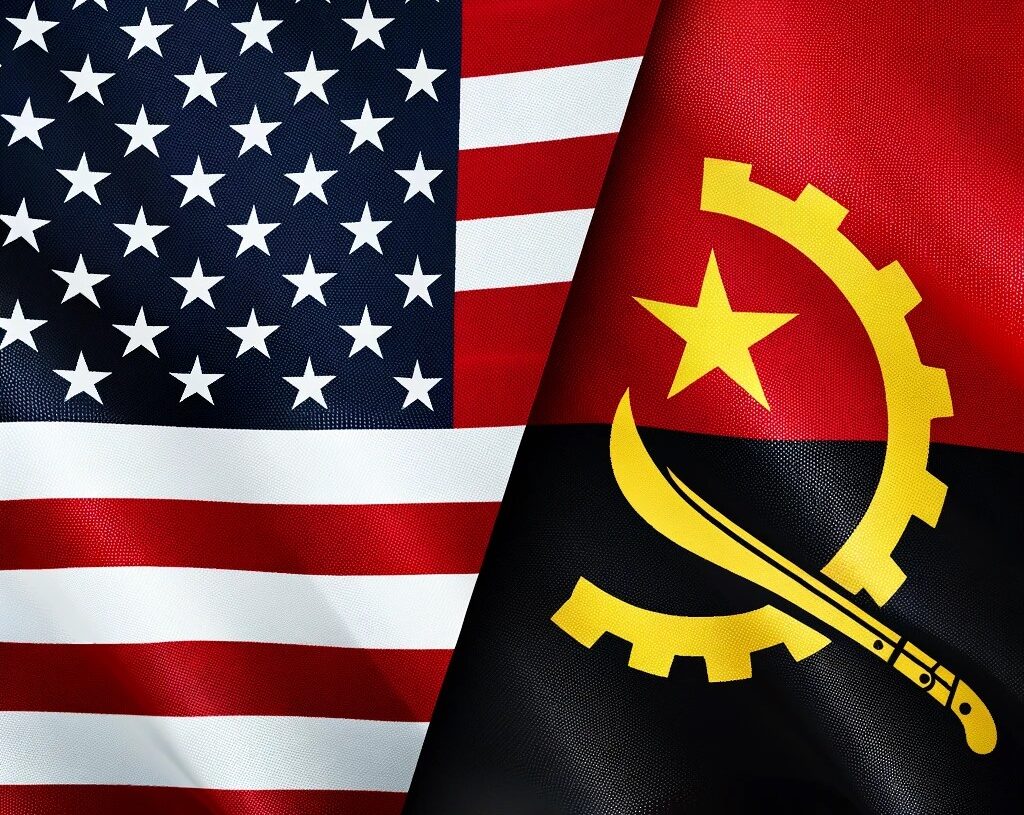In a move signalling a significant shift in international relations, the United States, led by President Joe Biden, has taken a pivotal step towards strengthening ties with Angola. This was evidenced in a landmark meeting held in Washington D.C., where President Biden engaged in strategic discussions with Angolan President João Lourenço. This meeting, emblematic of burgeoning cooperation, marked a crucial juncture in the bilateral relations of the two nations. It highlights Angola’s emerging importance as a key ally to the United States, while also setting the stage for a surge in American technological and financial influx into this Southern African nation.
During this historic meeting, President Biden disclosed that the U.S. has earmarked an impressive sum exceeding one billion dollars for spearheading various developmental projects in Angola. These projects encompass a broad spectrum, including the advancement of solar energy capabilities, extensive bridge construction endeavours, and significant upgrades to the telecommunication infrastructure within the country. In addition, a further one billion dollars is being channelled towards the ambitious Lobito Corridor Trade Facilitation Project. This strategic project forms a critical part of the G7’s newly inaugurated Partnership for Global Infrastructure and Investment, representing a paradigm shift in global trade and infrastructure development.
The Lobito Corridor project is set to transform regional trade dynamics. It involves a comprehensive refurbishment of the historic 1,300-kilometre Lobito Atlantic Railway, coupled with the construction of a state-of-the-art 800-kilometre railway line forging a direct link between Angola and Zambia. This railway line is anticipated to serve as a vital conduit for the transport of essential minerals like cobalt and copper, which are integral to the burgeoning industries of electric vehicle production and green energy solutions.
In his address, President Biden underscored the project’s historic significance, labelling it the most substantial American railway investment in Africa to date. He envisaged this project as a catalyst for long-term job creation and a cornerstone in enhancing market connectivity across the continent.
Looking ahead, the Angola Oil & Gas (AOG) conference, slated for September next year in Luanda, is poised to become a focal point for further discussions on the U.S.-Angola partnership. This conference, a leading event in the energy sector, will concentrate on collaborative strategies aimed at bolstering energy security and facilitating a transition to more sustainable energy practices. As Angola’s profile rises as a prime destination for global investment, with major international players from the U.S., China, Russia, and European nations keen on broadening their in-country activities, AOG 2024 represents a critical opportunity for Angola to tap into new avenues of foreign investment.
Moreover, the event will serve as a pivotal platform for American entities, ranging from major corporations to burgeoning small and medium-sized enterprises, to deepen their involvement in Angola’s dynamic energy and infrastructure landscape. This enhanced American presence in Angola not only signifies a strengthening of bilateral ties but also reflects a strategic positioning by the United States in a region of increasing geopolitical importance.






